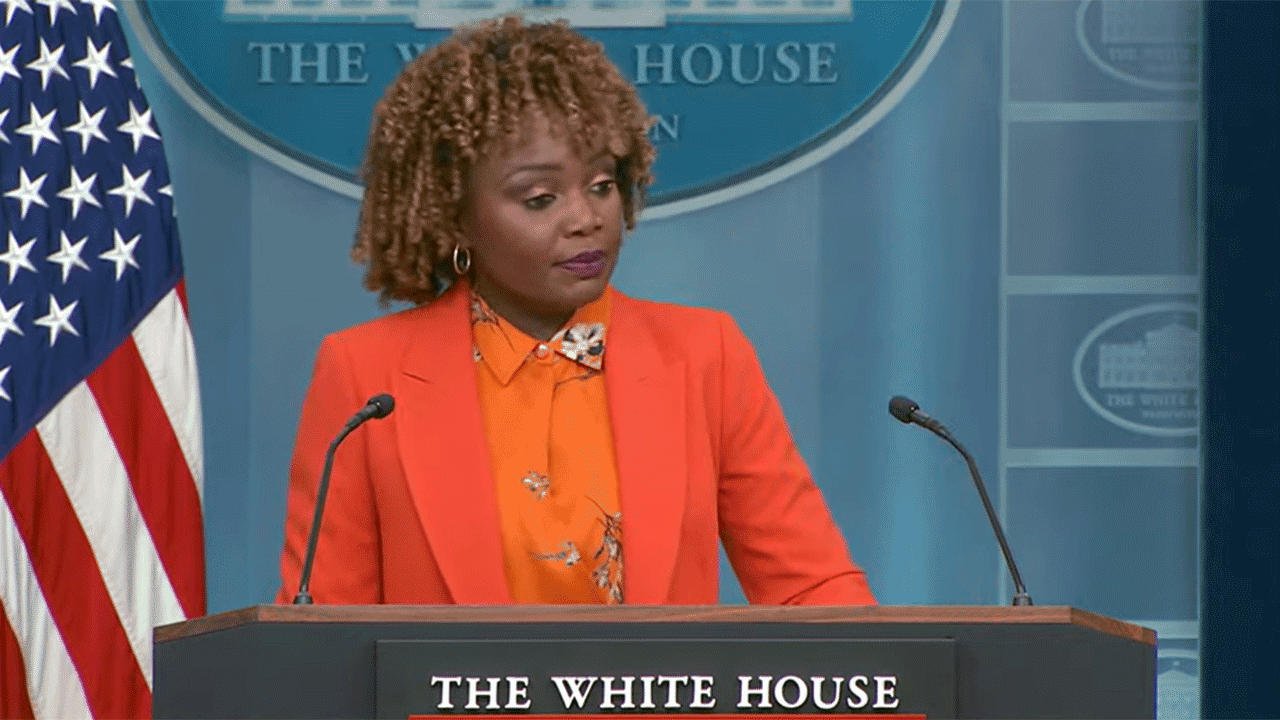
: This one feels a bit like déjà vu all over again, but not a ton has changed politically since our last chat. Things are mostly ticking along as they were, at least at home — geopolitically, things are bonkers. That may matter at home, but it hasn’t yet, at least not much.
But I did notice something this week. Readers will have to forgive me for being a bit vague, but I can’t burn sources. And this week, I felt something shift among some Liberals.

A giving-up, I’d call it. To be clear, these are not high-ranked Liberals. I’m not talking well-placed types in the Prime Minister’s Office.
You know those better! But even some of my true-red believers seemed to just deflate. One friendly acquaintance told me that he only really internalized this week that they were going to lose. And I was fascinated by that.
Why this week? Why not a year ago, or two weeks ago? It wasn’t after the byelection loss in LaSalle—Émard—Verdun, at least not immediately after. Maybe it was the , which is arguably the worst yet? Maybe it’s them realizing that a big pivot from Justin Trudeau’s PMO isn’t imminent? I honestly don’t know. It’s just something I observed.
Anything on your end? : No one has come right out to me recently and said that the next election is already lost, but that’s maybe because they don’t want me to write that. I know that things went a little quiet after the Sept. 15 byelections, compared to the outbreak of panic that set in after the loss in the stronghold of Toronto—St.
Paul’s. Now, is that because it’s now clear that the prime minister is staying and no one is looming in the wings to replace him? Have they decided that it’s simply too late to pull a leadership switch, as Joe Biden did with Kamala Harris in the U.S.
? So, in answer to to your question, I may be observing the same resignation as you, but it’s manifesting itself more as silence than whispers. : “Resignation” is a loaded term in that context, because that’s what it’ll be. People will resign.
They’ll announce they aren’t running again, they’ll leave staffing jobs. And this is happening already. But loaded or not, I think resignation is apt.
After the Toronto byelection, there was some energy. Not much! I had some fun with that, noting that the Liberals notably lacked “guramba” — I admit. But it means spine, or gonads, or gumption.
But there were like trace elements of guramba after St. Paul’s. Nothing after LaSalle.
And I suspect that’s because people have made or are making their decisions, and don’t want to get stuck in employment musical chairs. They won’t say much aloud until they’ve lined up that new gig. Then they’ll announce.
But I think they’re concluding no help is coming from above. : One thing I’ve been saying when I hear about backbenchers wanting the prime minister to go is, “Have you told the PM this?” Because as far as I can tell, very few MPs are telling Trudeau it’s time to go. There’s been a lot of talk about how insular this Liberal government is, and perhaps that’s just how it rolls, but it seems to me the gap is operating on two dimensions.
There is an introverted prime minister at the centre and a caucus that doesn’t seem to have developed the “guramba” to speak hard truths. And OK, where does that word come from? : I won’t deprive you of the joy of googling it. Don’t worry, it’s safe for work.
As to the gulf theory, yeah, I can buy that, but the job of the prime minister and the Prime Minister’s Office is to not let that gulf happen. They are either oblivious to it, which is bad, or they’re letting it happen, which is worse, because that would be a pretty big signal that they’ve given up, too, even if they won’t say it. I don’t see how I can reconcile the notion of a PMO that is committed to winning and believes that it can with a PMO that is blind to the caucus quiet-quitting and slowly fading into their new jobs at law firms and non-governmental organizations.
: Whenever I’m ticked off at something, I try to make the distinction (borrowed I believe from parenting experts) between bad behaviour and bad person. It is simply not constructive criticism to say a person is flawed, because there’s nothing that can be done about that. Conservatives, I’ve noticed, are organizing their entire bid for power around the nonconstructive idea that Trudeau is a bad person, irredeemably flawed.
But politics isn’t built on constructive criticism these days. I say all this because I wonder if that’s a reason for silence from Liberal MPs, too. “It’s not what you’re doing, boss, it’s just who you are.
” That’s tough to say to anyone, let alone the guy who carried you to the government benches. : That was a more high-level conceptual take than I was expecting. I think Liberals (caucus) aren’t communicating with Liberals (PMO) because it’s going to be career musical chairs, and everyone wants to make sure they’ve got a gig lined up before they speak out.
And I think the PMO isn’t communicating with caucus about caucus’s concerns because the PMO has always been bad at communicating and acknowledging valid gripes. None of this has anything to do with Poilievre and his character. It’s the Liberal party’s own internal failures and quirks that are screwing them here.
Poilievre is just lucky to be the beneficiary. Interesting we need so many party-game metaphors to describe what’s happening in federal politics — musical chairs, games of chicken and so on. It fits with the often puerile tone in the Commons these days.
And yes, I did google “guramba.” It’s a Star Trek reference, to a language spoken only in science fiction. That feels about right, too.
.














